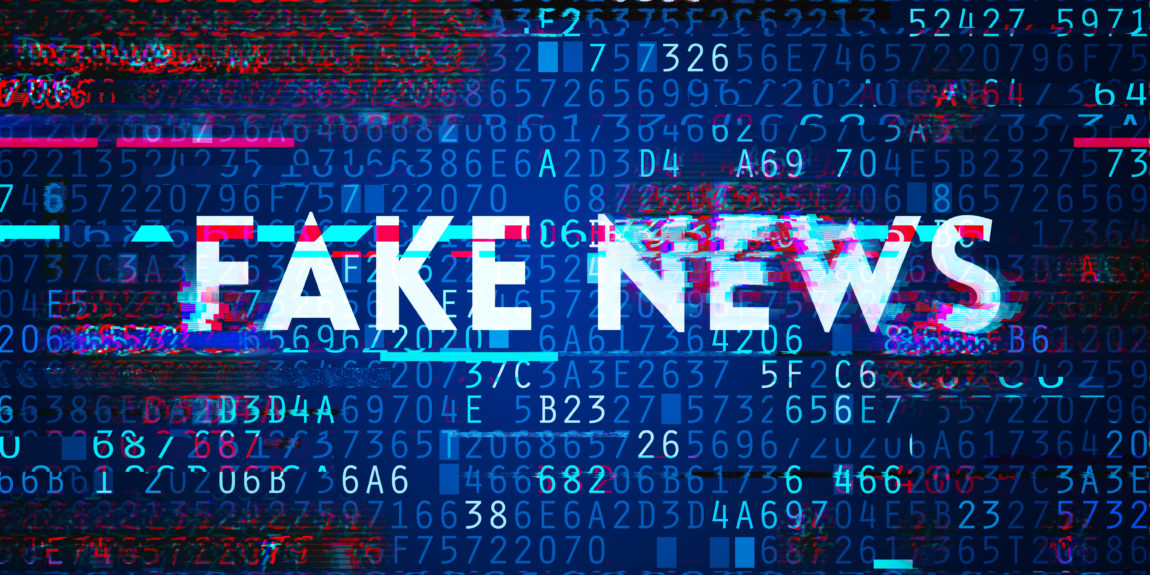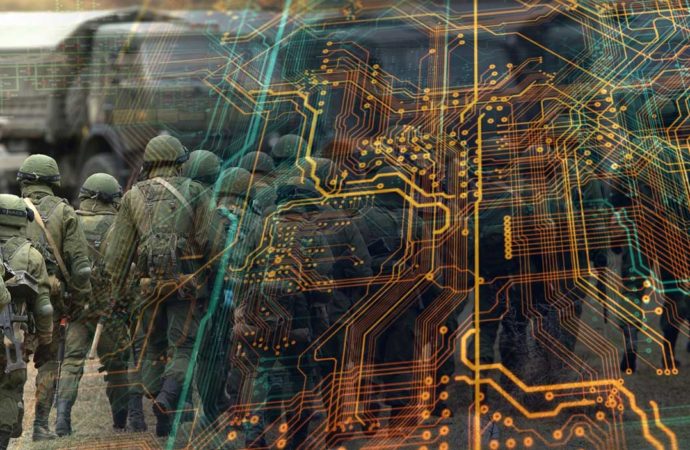Infosphere: the need to reverse a losing trajectory
Jakub Kalenský

The West is currently losing the information confrontation with its adversaries. The information aggressors are adapting to the new challenges in the infosphere better than democracies. They are quicker, more aggressive, and more determined to achieve their goals than we in the West are. On the current trajectory, the problems the West faces from the disinformers will be increasing rather than the opposite.
The main reason for this development is the weak reaction of the West to this new type of aggression. There has been no systematic pushback from the democratic states to stop the information aggressors and punish them for their malicious activity — most of the energy of our policy makers is devoted to pressure on social media companies, and to “vaccinating” the targeted audiences via raising awareness. But Russia, China, and others do not face any undesired consequences for their activities in the infosphere, meaning they have no reason to stop.
While the social media platforms are surely an important battlefield, they are not the adversaries; they are an abused channel (by far not the only one and in some audiences, not even the most important one). Similarly, focussing only on the victims of the information aggression and saying that media literacy and supporting fact-checkers solves the problem, is inadequate. We cannot just tell the victims of an aggressor they should be better prepared (that is rather similar to blame a rape victim) and let the aggressor have a free ride. We have to try to stop the aggressor, but we are not doing that.
That means that the information aggressors only have to adapt to the new, constantly changing environment. What they are doing rather effectively: conspiracy videos deleted from Facebook get uploaded elsewhere and promoted on Facebook again; Russia is getting increasingly skilful in blurring the source of disinformation, and learns how to bypass Facebook’s defences; the Kremlin is testing new disinformation tactics in Africa, including the “franchising” of its disinformation campaign, making it yet harder to detect.
Not only are the information aggressors getting more skilful and more experienced, they are also growing in numbers and expanding the area of their activities. Half a year ago, researchers were pointing out that China is applying the Russian infowar playbook in its neighbourhood, in Hong Kong and Taiwan. During the recent COVID-19 crisis, we could see that the Chinese information aggression was increasingly targeting many countries in the West. We see similar measures being applied by Iran and Saudi Arabia, or even by commercial actors offering disinformation for hire, e.g. in China or in Tunisia.
Even an EU member state ran an anti-EU campaign that repeated many speaking points of the pro-Kremlin disinformation campaign of the last years. The PM of the same country was also spreading COVID-related conspiracies that the European Commission itself debunked as disinformation.
Just like any new crime that the authorities do not yet prosecute, also the scale of the problem of the information aggression keeps growing — and will continue to do so until we in the West finally decide to not only demand solutions from the victims targeted by disinformation and from the abused channels, but also try to do something to stop the information aggressors and punish them for their malicious activity.
The Western democracies should face the unpleasant fact that the problem with disinformation campaigns by adversarial actors is increasing rather than decreasing, and that the reaction so far had been inadequate. Apart from raising the awareness and repairing our own weaknesses, we also have to finally try and stop the information aggressors. We have the tools for that: there is a set of best practices and recommendations to follow; all we need is the political will — and the same determination that our adversaries have.

Jakub Kalenský
He is Senior Fellow with the Atlantic Council’s Digital Forensic Research Lab. In 2015-18, he served in the EU’s East StratCom.






